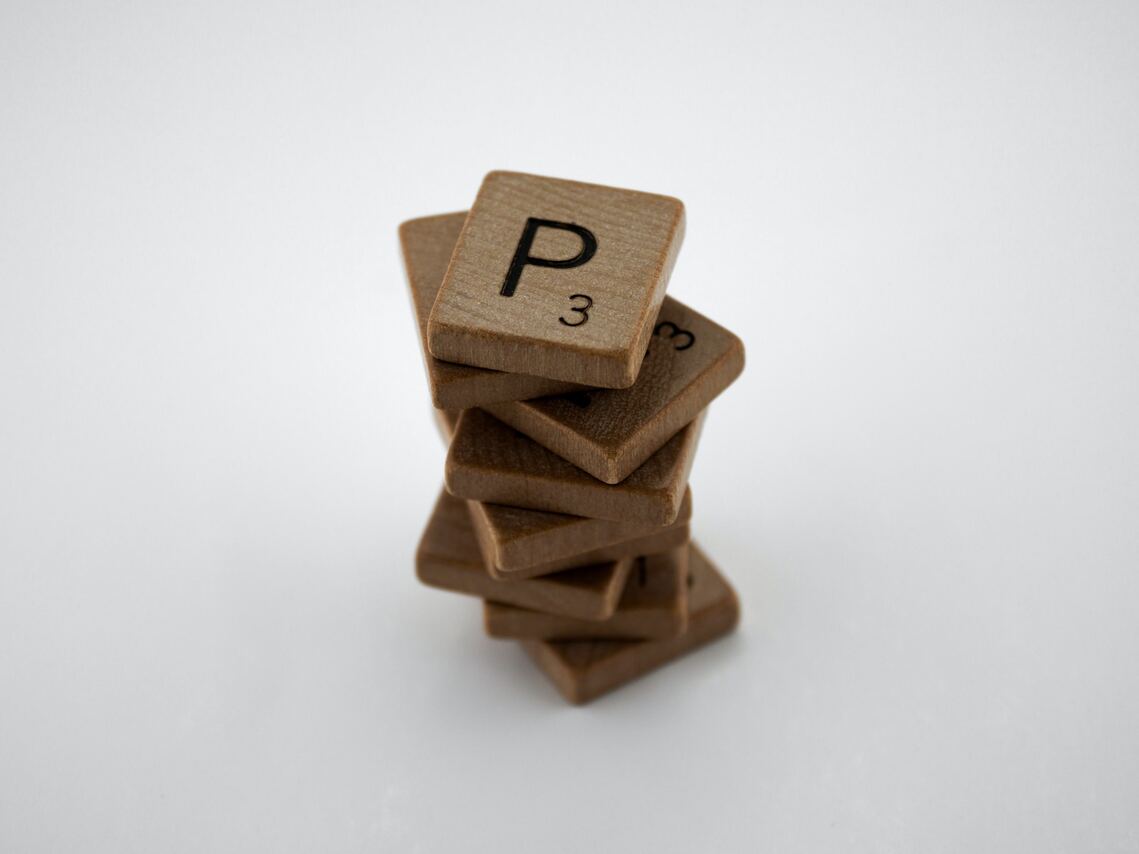
Spanish Words that Start with P
DATE:
Ever considered how essential the letter P is in the Spanish language? Think of paradisiacal beaches, passionate tango dances, and plates filled with paella. P-words paint a vivid picture of Spanish culture and tradition. Ready to expand your Spanish vocabulary? Let’s journey together and unveil the magic of Spanish words that start with the letter P.
History Of Letter P In Spanish Language
You might think, “It’s just another letter in the alphabet,” but hold your horses! The letter P has an intriguing history in the Spanish language.
The Latin Legacy
The letter P traces its roots back to the Latin alphabet. Ancient words like “padre” (father) and “playa” (beach) were derived from Latin, where the sound of the letter remained consistent.
Influence of Other Cultures
As the Spanish language evolved, many P-words were borrowed from other cultures. For instance, the word “pie” (foot) is not just a dessert in English; it’s also a body part in Spanish.
Words With Character
The sound of the letter P has character, bringing emphasis and energy. Words like “poco” (a little) and “para siempre” (forever) are examples that savor the sound of this versatile letter.
Spanish Nouns Starting With P (Sustantivos)
Nouns are the cornerstone of languages, representing people, places, things, or ideas. Ready to dive into some captivating Spanish nouns? Here’s a list of nouns starting with the letter P:
|
Spanish |
English |
|---|---|
|
Palabra |
Word |
|
Pantalla |
Screen |
|
Perro |
Dog |
|
Pluma |
Pen/Feather |
|
Playa |
Beach |
|
Pájaro |
Bird |
|
Pescado |
Fish (as food) |
|
Pueblo |
Village/Town |
|
Piso |
Floor/Apartment |
|
Puerta |
Door |
DID YOU KNOW…?
In the Spanish word “psicología” (psychology), the initial ‘P’ is silent, and the word starts with the ‘s’ sound. This is because it’s derived from the Greek word “psykhē” meaning “soul” or “mind,” and the tradition of keeping the silent ‘P’ has been maintained in many languages, including Spanish!
|
Spanish |
English |
|---|---|
|
Paraguas |
Umbrella |
|
Primo |
Cousin |
|
Plátano |
Banana |
|
Pastel |
Cake |
|
Periódico |
Newspaper |
|
Pared |
Wall |
|
Pulsera |
Bracelet |
|
Pincel |
Paintbrush |
|
Parque |
Park |
|
Postal |
Postcard |
Wasn’t that a fascinating journey through Spanish nouns starting with P? An interesting tidbit: The noun “Pueblo” doesn’t just mean a town or village; it also conveys a sense of community and the people within it. The richness of the Spanish language lies in the depths of its words, as they often carry historical and cultural nuances. Dive deeper, and who knows what you’ll discover next!
Spanish Verbs Starting With P (Verbos)
Verbs are dynamic words in a language, indicating action, occurrence, or state of being. Ready to explore some action-packed Spanish verbs? Dive into this list of verbs that initiate with the power-packed letter P!
|
Spanish |
English |
|---|---|
|
Pasar |
To pass |
|
Pensar |
To think |
|
Pintar |
To paint |
|
Poner |
To put |
|
Probar |
To try/test |
|
Preguntar |
To ask |
|
Preferir |
To prefer |
|
Preparar |
To prepare |
|
Producir |
To produce |

|
Spanish |
English |
|---|---|
|
Pasear |
To stroll/walk |
|
Pedir |
To ask for/order |
|
Practicar |
To practice |
|
Prometer |
To promise |
|
Proveer |
To provide |
|
Pertenecer |
To belong |
|
Parar |
To stop |
|
Planear |
To plan |
|
Pescar |
To fish |
|
Platicar |
To chat |
Journeying through these verbs, it’s evident that Spanish is a language bursting with vibrant actions. Here’s a tidbit: The verb “Pescar” means “to fish,” but it can also be used colloquially to mean “to catch on” or “understand.” Spanish verbs, like “Pescar,” often come with layers of meaning, making it a delight to unravel their nuances.
Spanish Adverbs Starting With P (Adverbios)
Adverbs are the flavor enhancers of languages, usually describing how, when, or where an action occurs. Curious about the essence they bring to Spanish sentences? Let’s embark on a voyage through Spanish adverbs that begin with the letter P.
|
Spanish |
English |
|---|---|
|
Pronto |
Soon |
|
Particularmente |
Particularly |
|
Precisamente |
Precisely |
|
Previamente |
Previously |
|
Por supuesto |
Of course |
|
Por fin |
Finally |
|
Por desgracia |
Unfortunately |
|
Por ahora |
For now |
|
Por lo tanto |
Therefore |
|
Por eso |
That’s why |
FUN FACT
The word “pícaro” in Spanish, starting with the letter ‘P’, is used to describe a mischievous or cunning person. This word is the root of the literary genre “picaresque,” which features tales of rogues and their adventures. Spanish literature is particularly known for its contributions to the picaresque genre, with classics like “Lazarillo de Tormes” leading the way!
|
Spanish |
English |
|---|---|
|
Por favor |
Please |
|
Por completo |
Completely |
|
Por casualidad |
By chance |
|
Públicamente |
Publicly |
|
Proporcionalmente |
Proportionally |
|
Por si acaso |
Just in case |
|
Prácticamente |
Practically |
|
Plenamente |
Fully |
|
Posiblemente |
Possibly |
|
Por lo general |
Generally |
Wading through these adverbs, one can’t help but appreciate the dimension they add to the Spanish language. A fun tidbit: “Por supuesto” translates directly to “by supposed,” but its actual usage is “of course.” It’s such fascinating nuances that make adverbs like “Por supuesto” intriguing to learn and use. Spanish is full of these hidden gems, waiting to be unearthed by eager learners!
Spanish Adjectives Starting With P (Adjetivos)
Adjectives are the colorful brushes of language, painting vivid images by describing nouns in terms of qualities, quantities, and states. Interested in adding some Spanish flair to your descriptive palette? Here’s a collection of Spanish adjectives that kick off with the pivotal letter P.
|
Spanish |
English |
|---|---|
|
Pequeño |
Small |
|
Pobre |
Poor |
|
Potente |
Powerful |
|
Peligroso |
Dangerous |
|
Paciente |
Patient |
|
Puntual |
Punctual |
|
Perezoso |
Lazy |
|
Precioso |
Precious/Beautiful |
|
Pasado |
Past |
|
Principal |
Main/Principal |

|
Spanish |
English |
|---|---|
|
Plano |
Flat |
|
Perdido |
Lost |
|
Próximo |
Next/Close |
|
Perfecto |
Perfect |
|
Público |
Public |
|
Privado |
Private |
|
Parcial |
Partial |
|
Prodigioso |
Prodigious |
|
Prudente |
Prudent |
|
Pulcro |
Neat/Clean |
Venturing through this selection of adjectives, it’s clear that Spanish adjectives offer a vibrant way to convey descriptions. For instance, “Pulcro” doesn’t just mean neat; it has a connotation of meticulousness and impeccable tidiness. It’s nuances like these that make diving into the world of Spanish adjectives a rich and colorful experience.
Concluding Ponderings on the Letter P in Spanish
From nouns that help us identify objects and ideas to action-evoking verbs, flavor-enhancing adverbs, and the colorful adjectives that paint vivid descriptions, the letter ‘P’ in Spanish is teeming with linguistic richness. Each word category offers a unique glimpse into the versatile world of Spanish, bringing us closer to its cultural and historical nuances.
If you’ve enjoyed this exploration and are eager to dive deeper into the Spanish language, remember that our Dedicated Teachers at SpanishVIP are always here to guide you. Why not start with a free 1:1 class or free 7 days of group classes? The beauty and depth of the Spanish language await!








